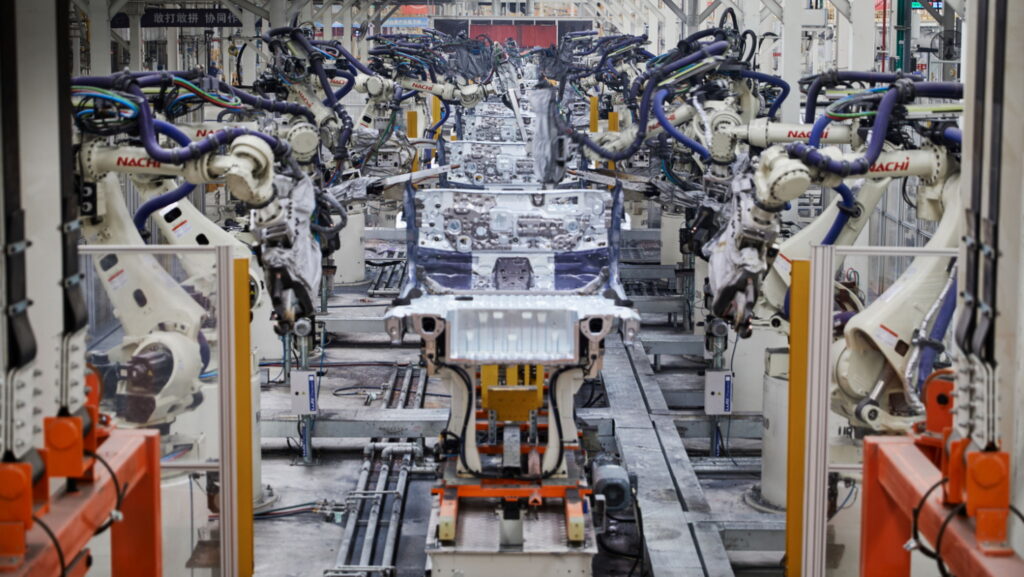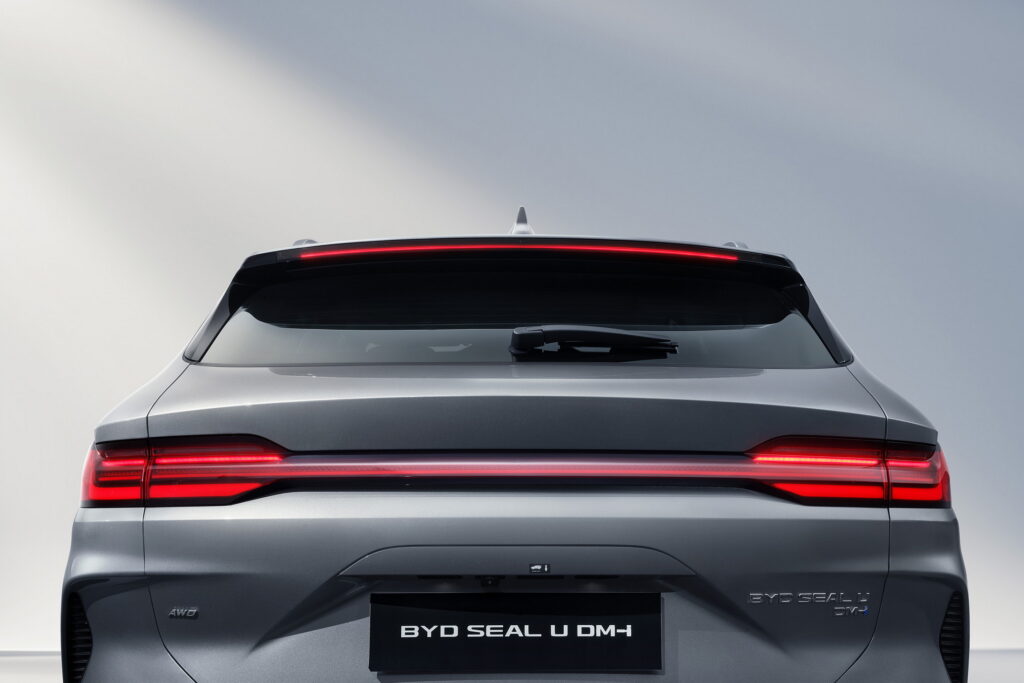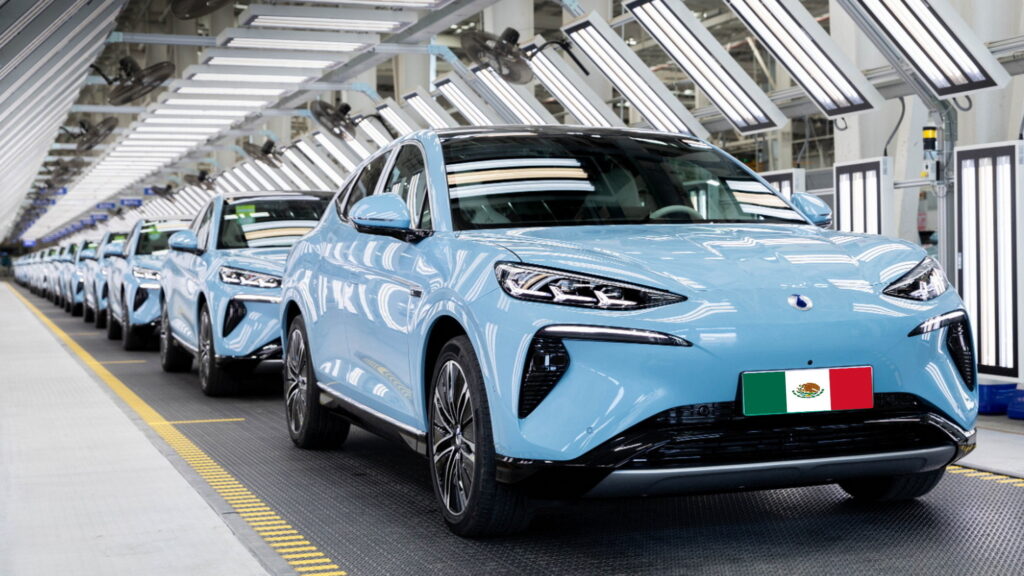- Chinese and American carmakers are moving factories into Mexico to avoid import tariffs.
- While the Mexican economy benefits, the country is left in a risky position between the not-so-friendly superpowers.
- As the rhetoric surrounding Chinese products such as EVs, transitions to matters of national security, the stakes are only rising.
The U.S. government has been agonizing for months now over how to prevent Chinese companies from sneaking around tariffs by building EVs in Mexico. For America’s southern neighbor, that means a tightrope walk as it finds itself becoming a battlefield in the trade war between superpowers.
Products made in China are subject to big import costs when they try to enter the U.S. market. For EVs, there is a 27.5 percent tariff, which makes China-built EVs uncompetitive. As a result, automakers like BYD have been looking to build plants in Mexico, which has favorable trade deals with the U.S.A.
Read: Mexico Ends Chinese Automaker Incentives After US Pressure
However, automakers are not the only Chinese companies looking to gain a foothold in Mexico, the BBC reports. The term is called “near shoring,” and means that companies like Man Wah, a furniture manufacturer that supplies sofas to companies like Costco, have set up shop just south of the U.S. border.
Despite the companies being Chinese, the products they make are Mexican, which means they can skirt tariffs. And China isn’t the only country near shoring. American companies are also moving some of their factories out of Asia, and into Mexico.
While near shoring has a clear benefit for Mexico‘s economy, it is also dangerous for the nation, according to Enrique Dussel, of the Center for China-Mexico Studies at the National Autonomous University of Mexico.

“Under previous administrations, and in this one — [Mexico] doesn’t have a strategy vis-à-vis this new triangular relationship,” Dussel told the BBC. “Mexico is putting up a big sign to China saying: ‘Welcome to Mexico!’. You don’t need a PhD to know that this isn’t going to end well for bilateral relations between the U.S. and Mexico in the medium term.”
Indeed, the Latin American country has taken the first steps to appease its northern neighbor. Reports indicate that the federal government has stopped offering incentives to Chinese automakers looking to establish plants there.
That followed U.S. President Joe Biden’s announcement that Chinese electric vehicles pose a national security threat to the U.S. According to Dussel, Mexico must take care not to get caught in the middle of the superpowers when matters of national security are being discussed, especially as elections on both sides of the American border loom.





